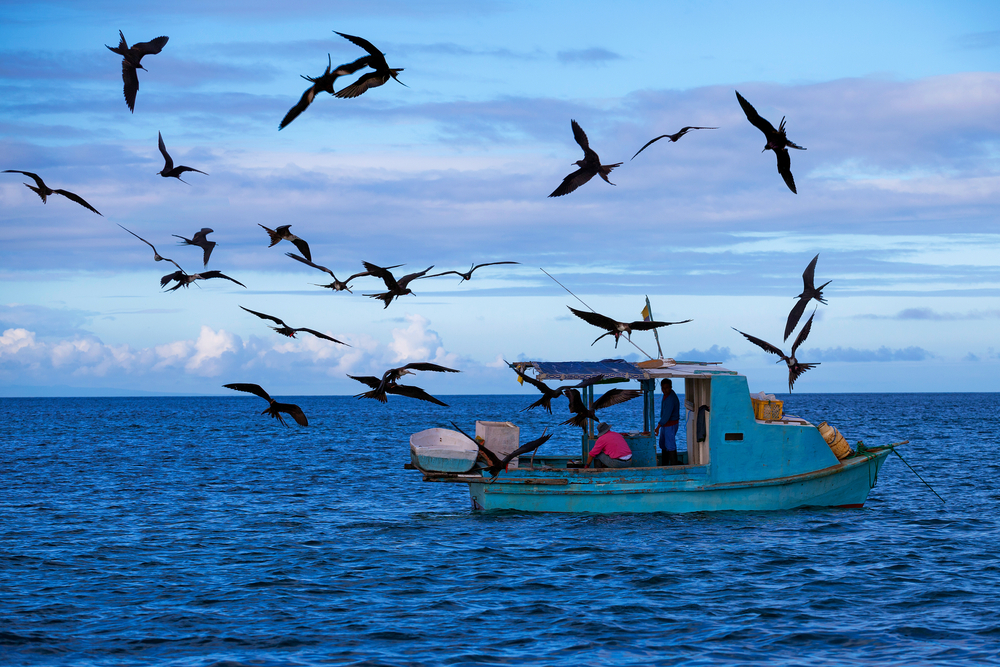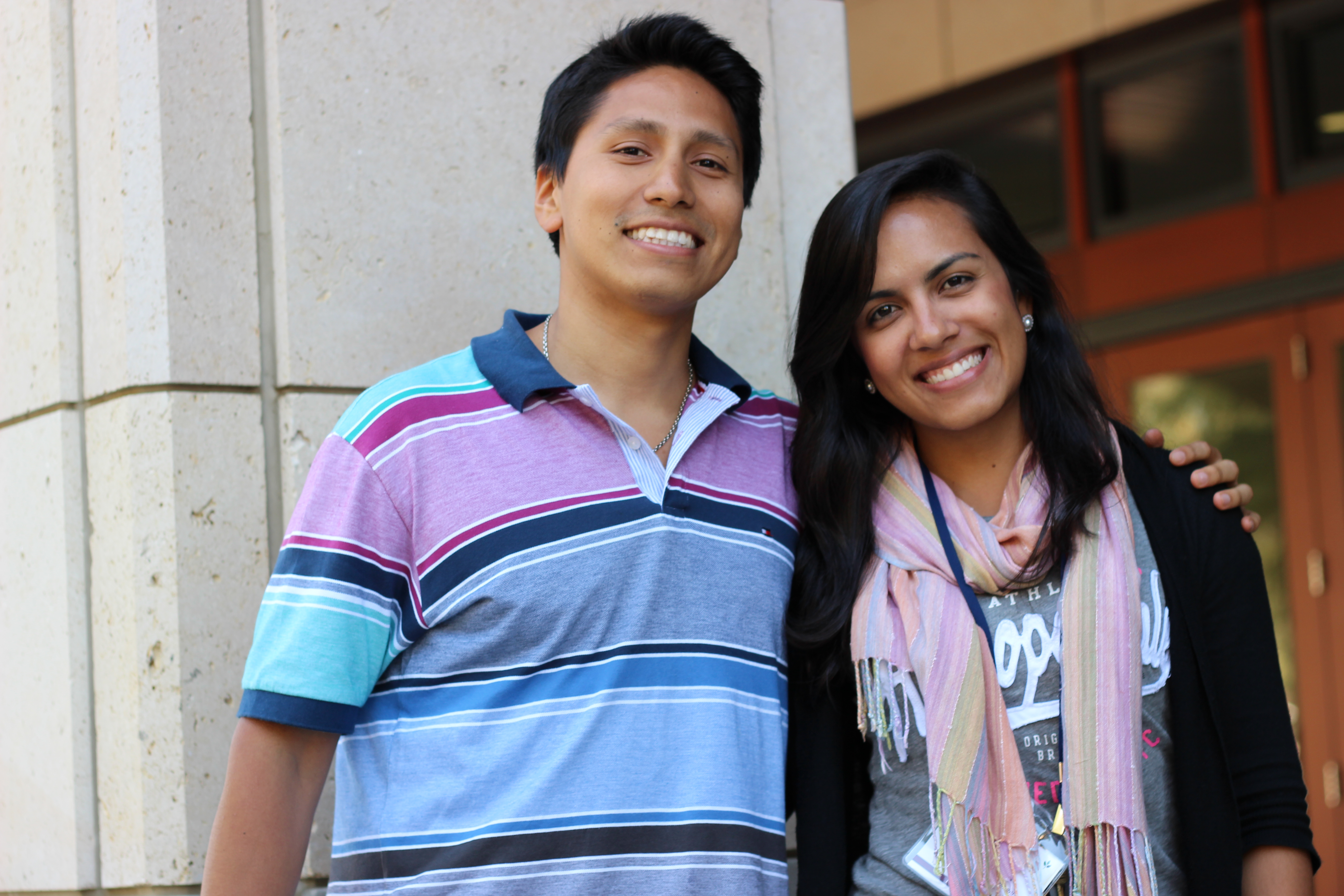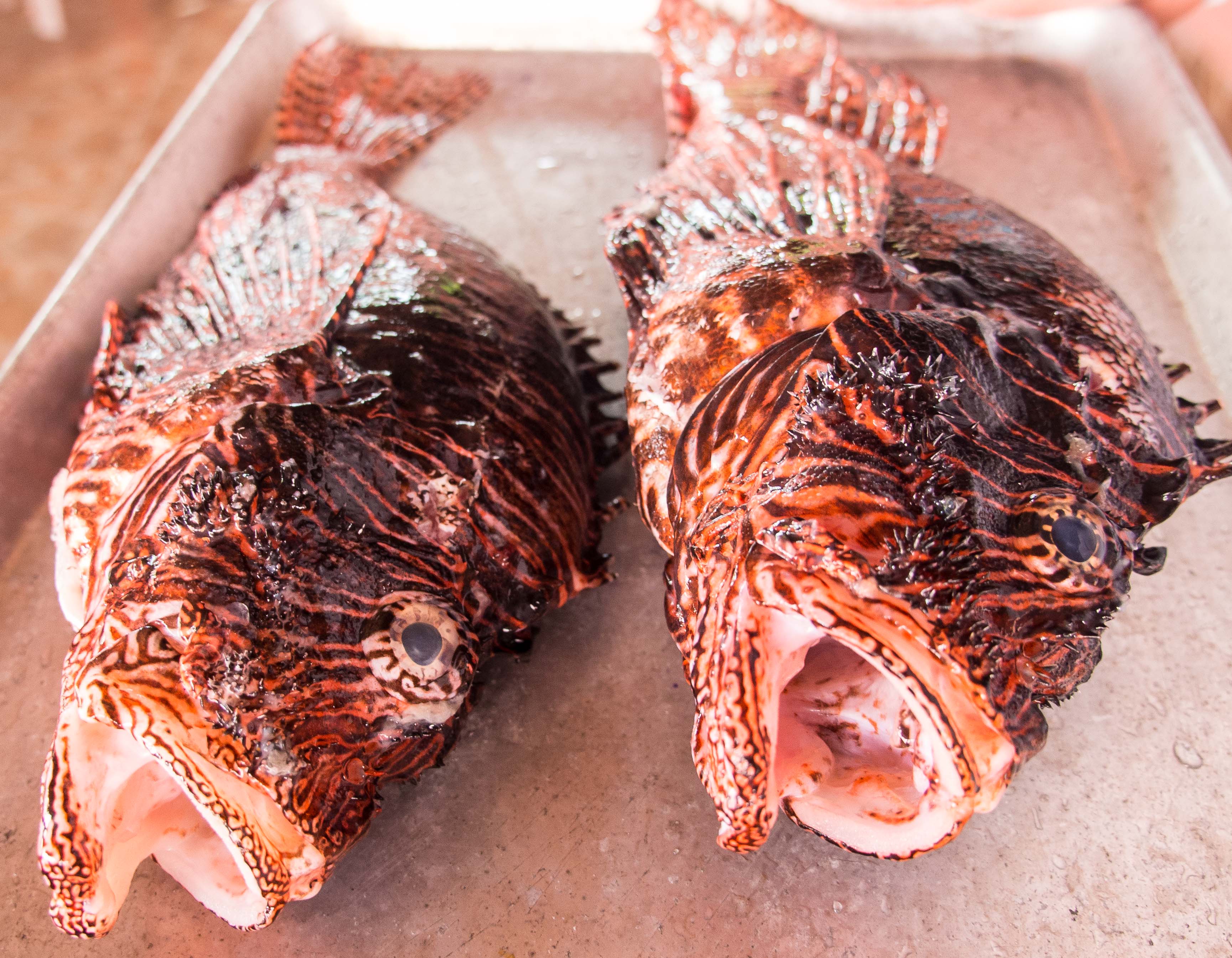News
Photo credit: Fernanda Preto
There’s no Wikipedia page so you can be forgiven for suspecting that I’m making it up. But Conservation Economics is actually being practiced by a bunch of serious people engaged in one of the most profound challenges of our time - averting massive losses in the diversity of Earth's life forms. So if it doesn’t exist, it’s time we brought it into being. Here goes:
Conservation Strategy Fund is accepting applications for our International Economic Tools for Conservation Course! Now in it's 17th year, our flagship course will be offered August 10-21, 2015 at Stanford University.
CSF presenta la cuarta publicación del programa Investigaciones Económicas Aplicadas para la Conservación en la Amazonía Andina, puedes descargarlas aqui:
Documento técnico para descargar:
During the two-week training, instructors from CSF, Oregon State University, the University of Brasilia, and Cambridge Resources International led an intensive schedule of lectures, exercises, and games to give participants insight into the economic drivers of environmental problems and the economic and policy tools that can lead to effective solutions. Topics included Microeconomics, Natural Resource Economics, Environmental Policy and Valuation, and Cost-Benefit Analysis. Each participant came away with a clear understanding of how these topics relate to their work in conservation, policy, and analysis.
Conservation Strategy Fund is pleased to announce the next webinar in our Conservation Economics Initiative series. Presented in partnership with the Marine Ecosystem Services Partnership (MESP) at Duke University, "An Economic Instrument for Coral Reefs" is coming up on Wednesday, October 22nd at 11:00am EDT (10:00am CDT, 8:00am PDT, 5:00pm CET).
John Reid, CSF President, and Mariano Castro, Deputy Minister of Environmental Management. Photo courtesy of MINAM; http://www.minam.gob.pe
Lima, Peru -- This morning, CSF President John Reid signed an agreement with Peru's Ministry of Environment (MINAM) to continue work on environmental compensation in Amazonian ecosystems. At least two case studies will be conducted.
Lionfish ready for the pan at Cozumel Fishermen's Coop © John Reid
In 1992 Hurricane Andrew liberated a tankful of lionfish from a Florida aquarium. More may have been dumped in the sea before then and after, but the event stuck in the collective imagination as the start of a biological invasion.



